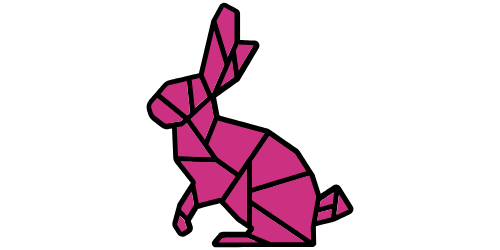The Jobs AI Can’t Touch—And Why That Matters
Share
The Jobs AI Can’t Touch—And Why That Matters
AI is moving fast. It’s automating workflows, analyzing massive datasets, and even generating art. But is it really coming for every job?
Not so fast.
While AI is a powerful tool, it has clear limits. There are things it just can’t do—at least, not at a human level. Creativity, emotional intelligence, strategic thinking, and skilled trades? Those still belong to us.
So, instead of asking "What jobs will AI replace?"—maybe we should be asking "What jobs will AI never be able to do?"
Let’s break it down.
The Untouchables: Jobs AI Won’t Replace Anytime Soon
Creative Mavericks
Artists, Writers, and Musicians – AI can generate patterns, remixes, and predictions. But can it create something truly original? Something infused with human experience, emotion, and intent? Not really.
Game Designers & Storytellers – Carrie Patel, director of the game Avowed, points out that AI struggles with true narrative design. It can generate text, but building immersive, meaningful experiences requires human touch.
So, will AI assist creatives? Absolutely. Will it replace human ingenuity? Not a chance.
Empathy-Driven Professionals
Therapists & Counselors – AI can process language, but can it truly understand pain, trauma, or joy? Reading human emotion is an art, not an algorithm.
Social Workers – Context, compassion, and personal relationships can’t be automated. AI can crunch numbers, but it can’t build trust.
Would you trust a chatbot therapist to guide you through a crisis? Neither would we.
Strategic Thinkers
Business Leaders & Executives – AI analyzes data, but big-picture vision, risk-taking, and innovation? That’s still human territory.
Scientists & Researchers – AI helps process experiments, but major scientific breakthroughs? Those come from curiosity, intuition, and a willingness to break the rules.
Could AI assist strategy? Absolutely. Can it lead? Not in the way a human can.
Skilled Trades
Electricians & Plumbers – Hands-on problem-solving, adaptability, and working in unpredictable environments are still far beyond AI’s capabilities.
Craftspeople & Artisans – Handmade furniture, custom guitars, couture fashion—human skill and artistry still reign supreme.
Would you want a robot installing your home’s wiring? Or do you still trust a human for that?
Healthcare Heroes
Doctors & Nurses – AI can diagnose diseases, but can it provide comfort to a scared patient? Make life-or-death ethical decisions?
Surgeons – AI-assisted robotic surgery is real, but who’s in charge when things go wrong? The human surgeon. Every time.
The medical field will integrate AI, but it will never remove human expertise.
The Future of Work: What AI Can’t Steal
Here’s the reality: AI isn’t eliminating all jobs—it’s redefining them.
The most valuable skills over the next decade won’t be the ones that AI excels at. Instead, companies will prize:
- Analytical Thinking – Not just processing data, but knowing what questions to ask.
- Empathy & Emotional Intelligence – Understanding people, relationships, and emotions.
- Creativity & Innovation – Pushing beyond patterns into uncharted territory.
- Leadership & Influence – Making decisions AI simply can’t.
If AI is reshaping the workforce, doesn’t that mean human-centric skills are more valuable than ever?
Final Thought: Are You Future-Proofing Yourself?
AI is powerful, but it has limits.
The smartest move? Leverage AI for what it’s good at—while doubling down on the uniquely human skills that machines can’t replicate.
Because while AI might assist, automate, and accelerate… some things will always belong to humans.
What do you think?




